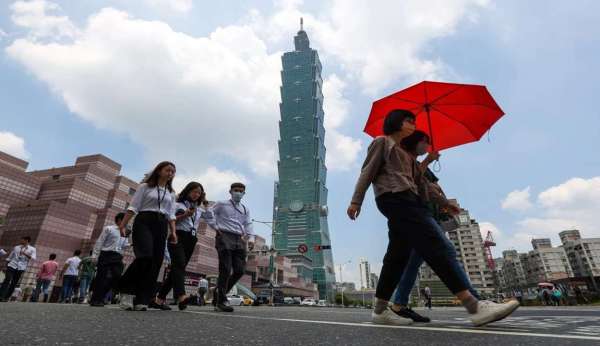
According to a Focus Taiwan study, fewer than 40% of young Taiwanese favor controlling influencers associated with pro-China unification initiatives.

Experts expressed alarm about the younger generation’s lack of knowledge and attention about dangers from across the Taiwan Strait after this poll was conducted during a seminar.
The Asia-Pacific Elite Interchange Association (APEIA) presented the results of a study on popular perceptions of China’s United Front strategies toward Taiwan and other current cross-strait issues at a seminar in Taipei on Friday.
According to the survey’s findings, 56.3% of participants were in favor of changing the legislation to control Taiwanese influencers engaged in United Front operations in China, compared to 25.7% who were against the idea and 18% who were undecided. However, just 37.9% of respondents who were between the ages of 20 and 24 supported it, which is a significant drop from the 49.1% to 70.6% who supported it in other age groups.
Cross-strait relations specialist and APEIA Secretary-General Arthur Wang called the comparatively low level of knowledge of Chinese United Front activities among young Taiwanese a “warning sign.” “This implies that to a certain degree… our youth have in fact lost their alertness,” he remarked.
He called on society to pay attention to how little young Taiwanese people know about China’s United Front efforts, particularly those who have spent a lot of time on Chinese social media.
The study was carried out in the midst of allegations that China has been enlisting Taiwanese influencers to support its United Front operations, according to Focus Taiwan. YouTuber Pa Chiung made these facts public in a documentary.
Taiwanese rapper Chen Po-yuan, who was interviewed by Pa Chiung for the film, spoke about how he worked with Chinese government organizations to promote his music only to discover later that he had been unintentionally utilized to forward a pro-unification agenda.
The Chinese Communist Party (CCP) uses the United Front as a means of influencing and recruiting people or organizations to support its political and strategic goals, such as promoting Taiwan’s unification with China.